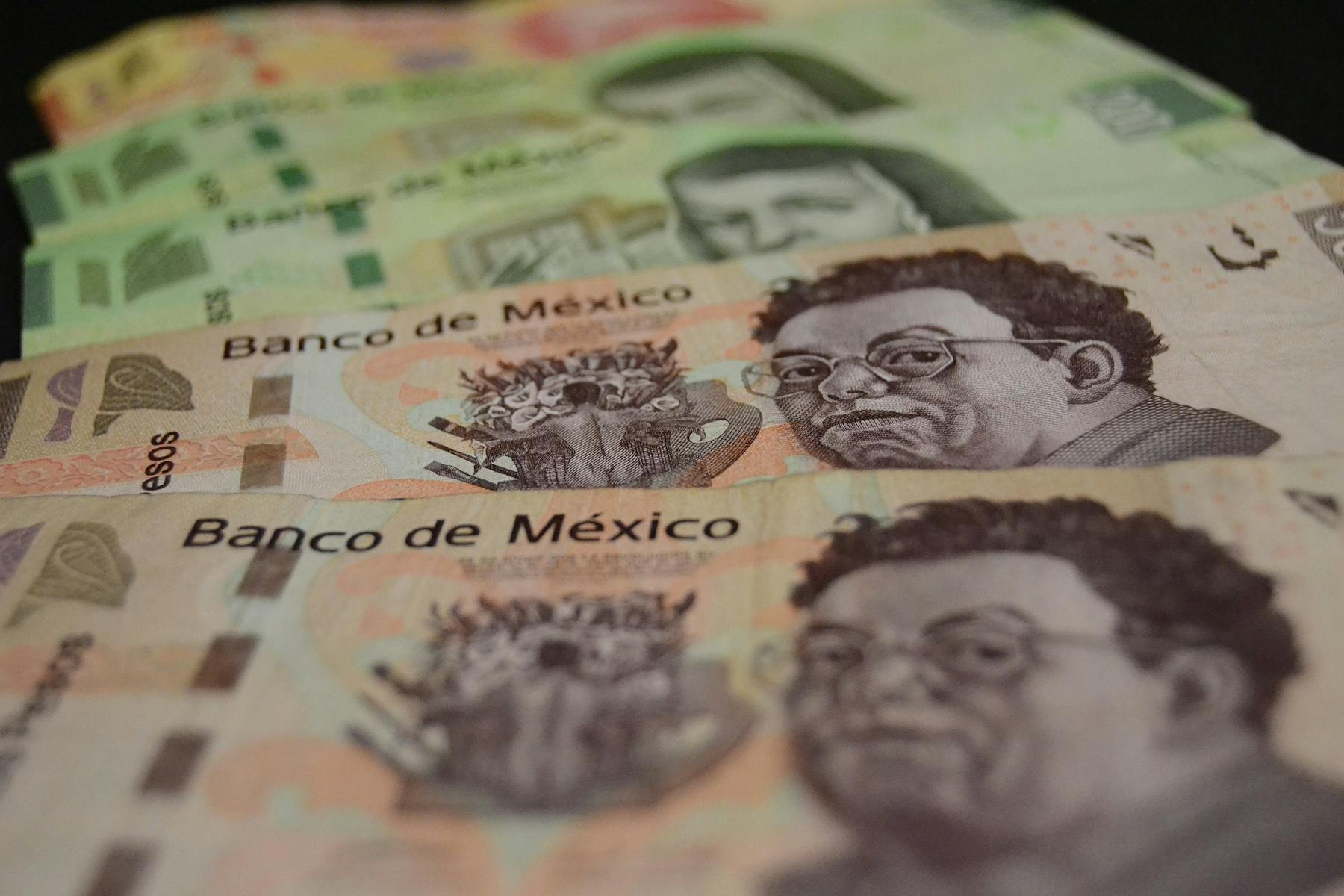News of the Remittances Industry

Remittances: Definition, Volumes, Trends and Analyses by Monito's Experts
August 2, 2021 - by François Briod

Is Cash Still King? A Look at Cash-Based Remittances in 2020
March 10, 2021 - by Byron Mühlberg

Post-COVID Remittance Rebound in Latin America and the Caribbean Hints at Emerging Trends
February 20, 2021

Mexico Money Orders Continue To Decline Despite Strong Remittance Numbers
January 27, 2021
Other Monito Briefing Issues

Wise and Wacky: Digital Transfers Continue To Advance (The Monito Briefing Issue #1)
September 15, 2022 - by Byron Mühlberg

The eNaira Is Here: Exploring Nigeria’s First-of-a-Kind CBDC Gamble
November 26, 2021 - by Byron Mühlberg
Revisiting Novi: Trimmed Ambitions & Regulatory Hurdles
October 28, 2021 - by Byron Mühlberg

International Payment Speeds: Past, Present & Future
October 6, 2021 - by Byron Mühlberg

Afghan Remittances Under Pressure & Remitly Gears up for IPO (The Monito Briefing Issue #13)
September 7, 2021 - by Byron Mühlberg

Where Remittances Matter Most (The Monito Briefing Issue #12)
August 2, 2021 - by Byron Mühlberg

Spotlight: The Philippines (The Monito Briefing Issue #11)
July 20, 2021 - by Byron Mühlberg
What Do CBDCs Mean For Cross-Border Payments? (The Monito Briefing Issue #10)
July 6, 2021 - by Byron Mühlberg
Is FX Pricing Becoming More Transparent? (The Monito Briefing Issue #9)
June 21, 2021 - by Byron Mühlberg

Wise, Remitly, WorldRemit: How Cheap Is Cheap? (The Monito Briefing Issue #8)
June 14, 2021 - by Byron Mühlberg

Exclusive ITW With Matthew Baker: Western Union, Google Pay, and Digital Transfers (The Monito Briefing Issue #7)
May 31, 2021 - by Byron Mühlberg




